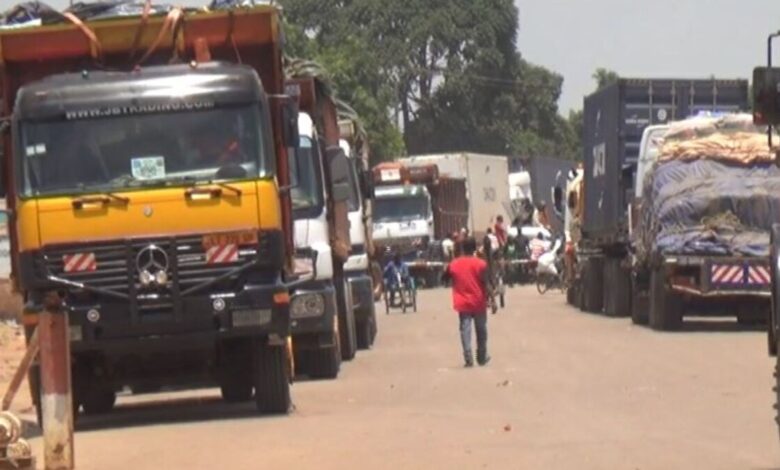Russian Mercenaries Allegedly Demand Bribes From Sudanese Traders In Central African Republic
The alleged bribe being demanded by the Russian mercenaries is up to $25,000 with Sudanese traders in the Central African Republic being at the receiving end of the oppression.

Russian mercenaries of the Wagner Security Group have been accused of demanding 14 million FCFA (about $25,000) from a convoy of seven Sudanese trucks which have been blocked about 100 km from Bria in the Central African Republic.
The convoy belonging to Sudanese business people who had entered the Central African Republic on Wednesday, Feb. 9, to buy coffee, was trapped in an attack by Russian mercenaries on Mouka village, 90 km from Bria on the Ouadda highway in the Haute-Kotto prefecture.
“The convoy had come in from Sudan through Birao and Ouadda towns and was stopped by the Russian mercenaries about 10 kilometres from Mouka. The Wagner Security operatives demanded two million FCFA from each of the seven trucks,” a local group leader in Mouka explained to HumAngle.
“The Sudanese coffee merchants tried in vain to convince the Russians that the money they had on them was to buy coffee and that if they gave it to them, they would have no money with which to buy the coffee.”
According to the source, the Russian mercenaries insisted the traders must pay 14 million FCFA, otherwise, they should make a U-turn and return to Sudan.
“The Sudanese finally decided to return to their country instead of paying such a heavy ransom.”
On their way back to Sudan, the coffee merchants reported their ordeal to the Sultan of Birao and the local government authorities, all of whom were powerless to do anything.
“Besides exploiting our natural resources such as diamond and gold without passing through the normal administrative and fiscal procedures, the Russians are now making it difficult for our farmers to even sell their produce. What is their use to the ordinary Central African?” asked Paul Ngosso who identified himself as a civil society activist.
Farmers in the country are already complaining about the highhandedness of the Russian mercenaries.
“For the past two years, there has hardly been a local market for our coffee and cocoa. We have been depending on the Sudanese buyers to dispose of our produce,” a farmer who did not give his name for security reasons said.
“Now the Russians are making it difficult for the Sudanese to buy our produce. And our government is doing nothing to prevent this situation. What is a government for?”
Support Our Journalism
There are millions of ordinary people affected by conflict in Africa whose stories are missing in the mainstream media. HumAngle is determined to tell those challenging and under-reported stories, hoping that the people impacted by these conflicts will find the safety and security they deserve.
To ensure that we continue to provide public service coverage, we have a small favour to ask you. We want you to be part of our journalistic endeavour by contributing a token to us.
Your donation will further promote a robust, free, and independent media.
Donate HereStay Closer To The Stories That Matter




